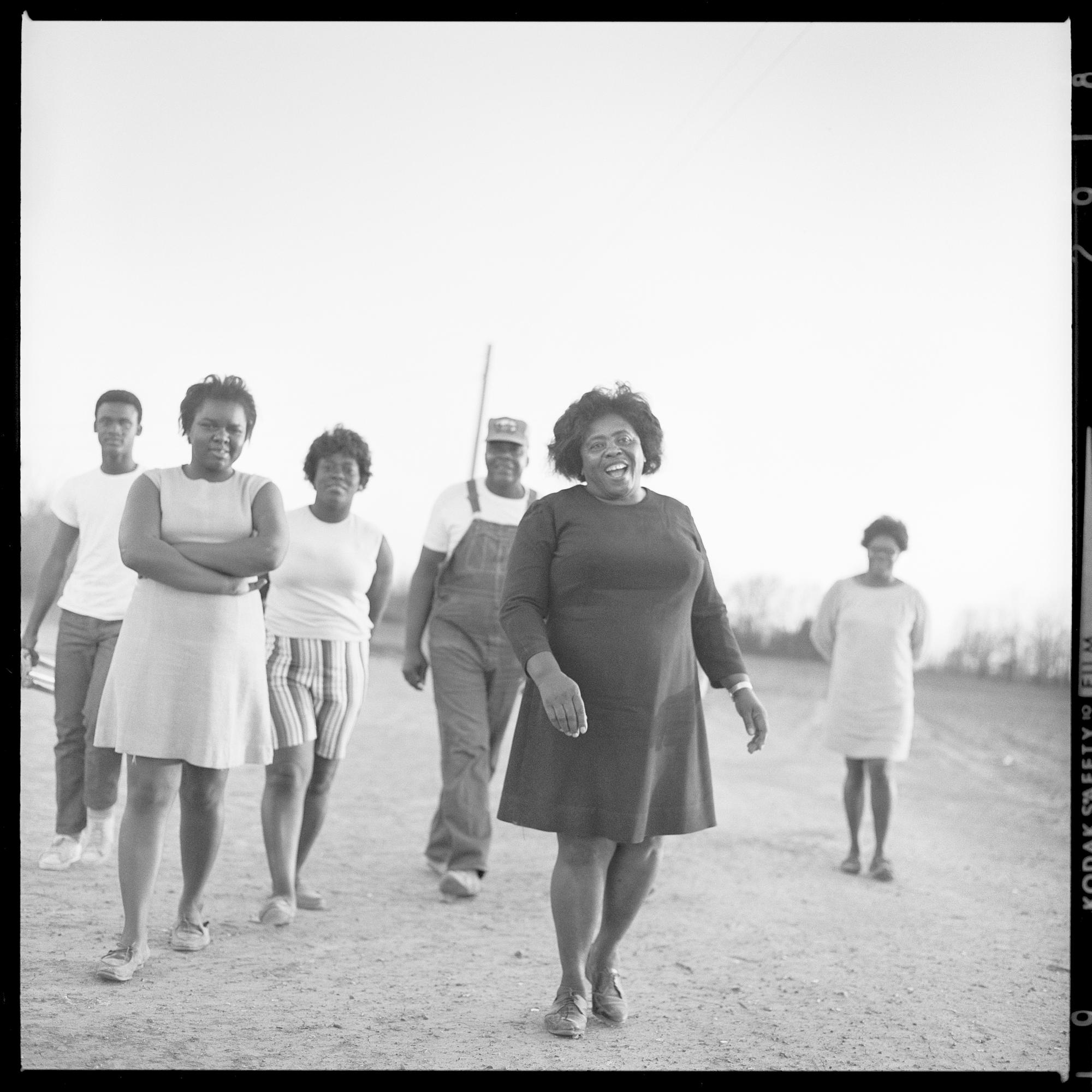Rosemary, The Hidden Kennedy Daughter
A Conversation with the author Kate Clifford Larson
August, 2015
Why another Kennedy book? What's new in Rosemary, the Hidden Kennedy Daughter and what makes your book stand out from the crowd?
Rosemary's life has always been a small side story to the larger drama of the Kennedy family in the scores of books written about them. This is the first full length biography that puts Rosemary—an intellectually disabled child in a household of overachievers—at the core of that incredible family story. By placing her at the center of the narrative, I was able to see the family in a different light, particularly her parents, Rose and Joe. Their attempts to raise Rosemary to "fit in" with the rest of her more capable siblings is both tragic and inspiring. It is clear, however, that the very existence of Rosemary deeply and profoundly affected the lives of all the Kennedys. The actions and decisions made by them take on a different meaning when you look at them through Rosemary's eyes.
What are some of your favorite stories from Rosemary's life?
Rosemary was, in many ways, an enchanting, typical girl of her time. Several of her letters, written during her teen years, reveal a young girl delighting in her social life - being with her girlfriends, getting her hair and nails done, relishing new clothes, going to the movies, and enjoying the attention of boys. She was a debutante and was presented to the king and queen of England when her father was ambassador. Her preference for a social life over school worried her parents, though. She was strikingly beautiful, and very trusting, so they feared for her safety.
What were some of the more difficult aspects of her life?
Rosemary's parents' response to her intellectual disabilities created a tension in the family that progressively worsened as she aged into adulthood. She suffered terrible emotional trauma when Rose and Joe Kennedy began sending her away to a series of boarding schools from the age of eleven. She deeply missed her family, and she struggled with institutional and academic demands that were beyond her capabilities. She was also subjected to a variety of medical treatments under the mistaken belief that she could be "cured." As she matured, her mental health suffered, causing her parents to seek more radical measures to control her.
Rosemary?s public life was cut short as a result of a misguided medical procedure. What did you discover about lobotomies, and why were they performed?
When Rosemary was forced to undergo a prefrontal lobotomy in 1941 when she was 23 years old, the experimental procedure had been performed on fewer than one-hundred patients. Dr. Walter Freeman, a psychiatrist, and his associate, Dr. James Watts, a neurosurgeon, promoted the surgery as a cure-all for psychologically impaired individuals. The doctors were convinced that the frontal lobes controlled the emotional center of the brain and were the cause of mental illness. By severing the frontal lobes of the brain, troubling psychosis and other mental health problems would be eliminated. Tragically, the surgery often left patients profoundly changed and unable to live independent lives. Some died from the surgery. The overwhelming majority of patients were women, and in an era with few patient rights and protections, many of them were forced, like Rosemary, to undergo the treatment. It was never meant to be used to treat people with intellectual disabilities, making the surgery even more horrifying in Rosemary's case. The fact that her father, and possibly her mother, decided this was a good option for Rosemary is one of the most disturbing aspects of the Kennedy family story.
Why was Rosemary hidden from the public for so many years?
Hiding Rosemary from the public started when she was just a child and sent off to boarding school. Her high powered, successful parents were ashamed and frustrated by Rosemary's intellectual disabilities. Though they sought educational situations that they believed would accommodate Rosemary, they also believed that strict control and constant attention to her deficiencies would somehow help her overcome her limitations and become an active member of their highly intellectual and physically vigorous family. After the lobotomy, she was so profoundly disabled—physically and intellectually—that they feared the public shame would derail the political aspirations of the Kennedy men.
How did Rosemary's siblings cope with her disability?
Rosemary's siblings loved her deeply, and were severely affected by her treatment as a child, the rejection she faced, the disappointments she felt when she could not measure up, and the loneliness she endured. After the surgery and Rosemary was sent away and institutionalized, they were taught not to ask about her and to get on with their lives. But her absence left a huge void in the family. Her sister Eunice, in particular, experienced Rosemary's absence most intensely. It would drive Eunice to establish the Special Olympics. Jack, as president, would sign important legislation to promote research, treatment, and community resources in the field of intellectual disabilities. And Ted Kennedy, as senator, would sponsor numerous pieces of legislation aimed at accommodating and improving the lives of people with disabilities and their families, including the path breaking Americans with Disabilities Act. Many other Kennedys have committed themselves to improving the lives of the disabled. Rosemary's legacy is alive today through these actions.
What are some of the sources that you used while researching this book? What hasn't been seen before?
When I started this book project, a collection of Rose Kennedy?s diaries, letters, and scrapbooks had recently been opened to the public at the John F. Kennedy Presidential Library and Museum. Over the next several years, more of that collection, and the papers of Joseph P. Kennedy, were made available. The two collections contain many letters to and from Rosemary, as well as scores of documents related to her education, treatment, and the family struggles to disguise her disabilities and hide her from the public. The records reveal the remarkable lengths Rosemary?s parents went to cure her, and their sometimes selfish motives that motivated their choices for her care. My research also included an examination of the often disgraceful treatment of people with intellectual and physical disabilities, and mental illness, during the early to mid 20th century. Women suffered the most at the hands of an uncaring public and a dehumanizing institutional system and medical establishment. Placing Rosemary at the center of this story also shed light on her mother's belief systems, as a devout Catholic and a woman struggling to limit her own aspirations in support of her husband, and how that shaped the way Rosemary was treated. I was also fortunate to have access to private papers and photographs.
Why is it so important to have a biography of Rosemary now?
Rosemary, the Hidden Kennedy Daughter reveals a different perspective on the Kennedys, one that places Rosemary at the center of a dynamic family narrative where she belongs. Rosemary's story still resonates today because it shows us, on the one hand, how much we as a culture have evolved in regards to the education, treatment, and accommodation of people with disabilities and mental illness, and on the other, the struggles that the disabled and their families still face. Rosemary's life was marred by horrific tragedy, and it is within that story of heartbreak and pain that readers will find an enduring image of a loving young woman who changed her family forever.




